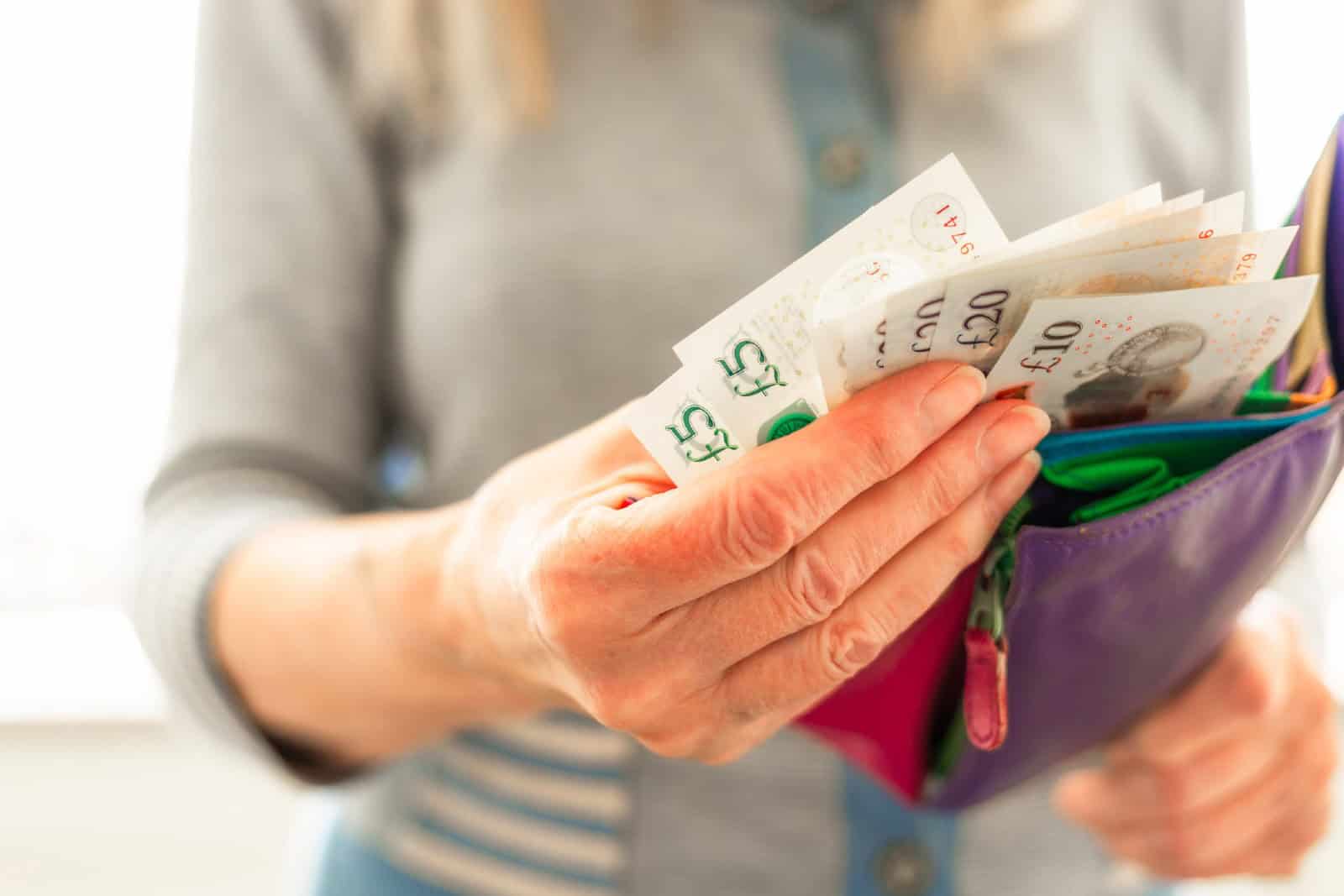Here’s how an investor could unlock a £250 monthly passive income by the end of the year


Get-rich-quick schemes are high-risk and sometimes scams. But if an investor’s sensible, there’s no reason why a generous passive income stream can’t be generated in a relatively short space of time. By using dividend shares and allocating money away from lower-yielding areas, I believe £1k a month can be worked towards.
Big numbers needed
Let’s start by working backwards. The average dividend yield in the FTSE 100 right now is 3.47%. Yet with active stock-picking, I feel I could build a diversified portfolio with a yield of 6.5%. As a result, to end this year with the pot set to make £250 in monthly income, the investor would need to have a total size of £46,153.
Therefore, if the investor had that amount in savings they could put the money to work immediately. It would get them up to speed even before the end of 2025.
It’s likely to be the case that getting to £250 a month from zero savings by the end of the year would mean too much financial pressure. In that case, there’s no problem with investing a comfortable amount and simply aiming to reach the goal over a longer period. In fact, it then becomes about which stocks are included in the portfolio to be sustainable in paying out funds over several years.
A pivot in property
One idea for consideration I believe’s sustainable for the future is Land Securities (LSE:LAND). The firm’s one of the UK’s largest real estate investment trusts (REITs). To keep the tag and benefits of being a REIT, it has to pay a certain amount of profit to investors as a dividend. This is already a green flag when it comes to finding a sustainable income payer.
Please note that tax treatment depends on the individual circumstances of each client and may be subject to change in future. The content in this article is provided for information purposes only. It is not intended to be, neither does it constitute, any form of tax advice.
Over the past year, the share price is down 12%. Part of this dip has come due to concern that the portfolio is predominantly made up of office assets. Given the continued work-from-home stance of some companies, demand in this area still isn’t great. Even though this remains a risk going forward, I’m not too concerned. It’s preparing to sell £2bn worth of office blocks to pivot into residential property, which could be a great move.
The stock’s current income yield is 6.7%. It’s paid out a consistent dividend for over two decades, and I doubt this will change anytime soon. The latest dividend cover figure of 1.2 is reassuring. It means the current dividend is well covered by the earnings per share.
I think it’s a good stock to consider for any investor trying to beef up dividend income as part of a broader portfolio.
The post Here’s how an investor could unlock a £250 monthly passive income by the end of the year appeared first on The Motley Fool UK.
But what does the head of The Motley Fool’s investing team think?
Should you invest £1,000 in Land Securities Group Plc right now?
When investing expert Mark Rogers has a stock tip, it can pay to listen. After all, the flagship Motley Fool Share Advisor newsletter he has run for nearly a decade has provided thousands of paying members with top stock recommendations from the UK and US markets.
And right now, Mark thinks there are 6 standout stocks that investors should consider buying. Want to see if Land Securities Group Plc made the list?
More reading
Jon Smith has no position in any of the shares mentioned. The Motley Fool UK has recommended Land Securities Group Plc. Views expressed on the companies mentioned in this article are those of the writer and therefore may differ from the official recommendations we make in our subscription services such as Share Advisor, Hidden Winners and Pro. Here at The Motley Fool we believe that considering a diverse range of insights makes us better investors.





